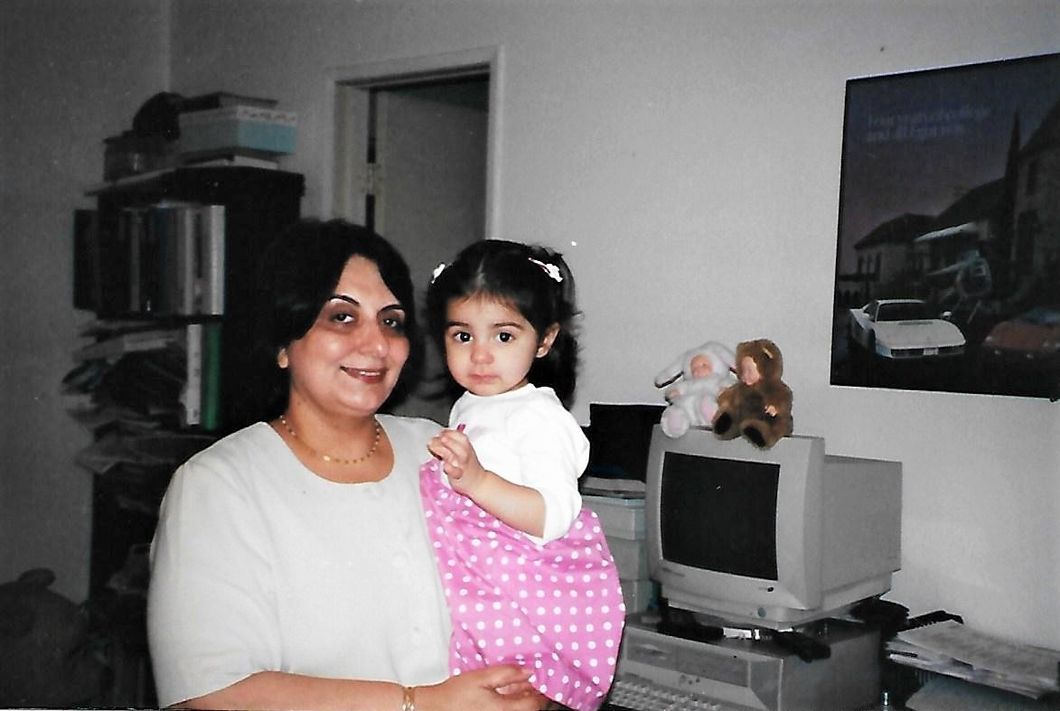"What's your name?" asks the warm teacher in the pointed glasses, bending down to reach my miniature stature. Recognizing her assuring voice but baffled by her foreign tongue, I cowered behind my mother's legs, unable to respond.
While I did feel alone in that moment, I now know that I am not alone in this experience; in fact, many South Asian kids underwent the same first-day-of-school experience. Our parents, in an attempt to preserve the culture of their homeland, only taught us our native languages of Hindi, Urdu, Gujarati, or Tamil and assuming that we would "pick up" English upon entering the classroom. And, although there was a method to the madness (I did learn English within my first year of school), there was also a price: my mother tongue, my pride in my roots, and my cultural identity.
After the mildly traumatizing experience of not being able to communicate with my classmates, I became determined to shed the shackles that socially isolated me in the first place -- starting with Hindi and Gujarati. My family didn't protest at the time as, in attempts to make my English better, they also traded "paneer do" to "pass the paneer" within our dinner-table-exchanges. Now, at eighteen years old, I only have a fairly smooth understanding of these languages and a bank of broken, heavily-accented phrases to respond back with.
My experience with language, however, did not end with lapses in communication; instead, it stripped me of the cultural identity I longed for later in my life. The loss of such a major part of my culture, coupled with my sudden distaste for anything remotely Indian, prevented me from fully embracing who I am.
When my mom tried to enroll me in classical Indian dance classes as a kid, I objected wholeheartedly in attempt to fit in with my peers, who attended soccer practice instead (regardless of the fact that I had zero athletic ability). Upon unzipping my lunchbox to find pav bhaji, I would quickly zip it back up to avoid comments from my peers on its smell or appearance, and proceed to beg my mom for the peanut butter and jelly sandwiches I had absolutely no taste for.
However, as I ventured into my teenage years that are so lovingly coined as years of "finding yourself," I found that I was missing a big part of myself: my culture. Suddenly, I was yearning for the cultural identity I had struggled to free myself from for years -- an experience I noticed my desi friends going through as well. I found myself overcompensating for years of lost time, refusing to miss a single night of garba, working Hindi slang into my daily vocabulary, and binging Bollywood like it was my job.
Regardless of how desperately I tried to immerse myself in the roots I once neglected, I've come to face the reality that us diaspora kids will always have a different relationship with our roots than our parents -- and that is not necessarily a bad thing. Balancing two very different cultural environments, the one within the safe confines of my home and the one outside, we are bound to adopt parts of both worlds.
So, dear desi families, we are not "uncultured," -- we are simply trying our best.



 mr and mrs potato head
StableDiffusion
mr and mrs potato head
StableDiffusion












